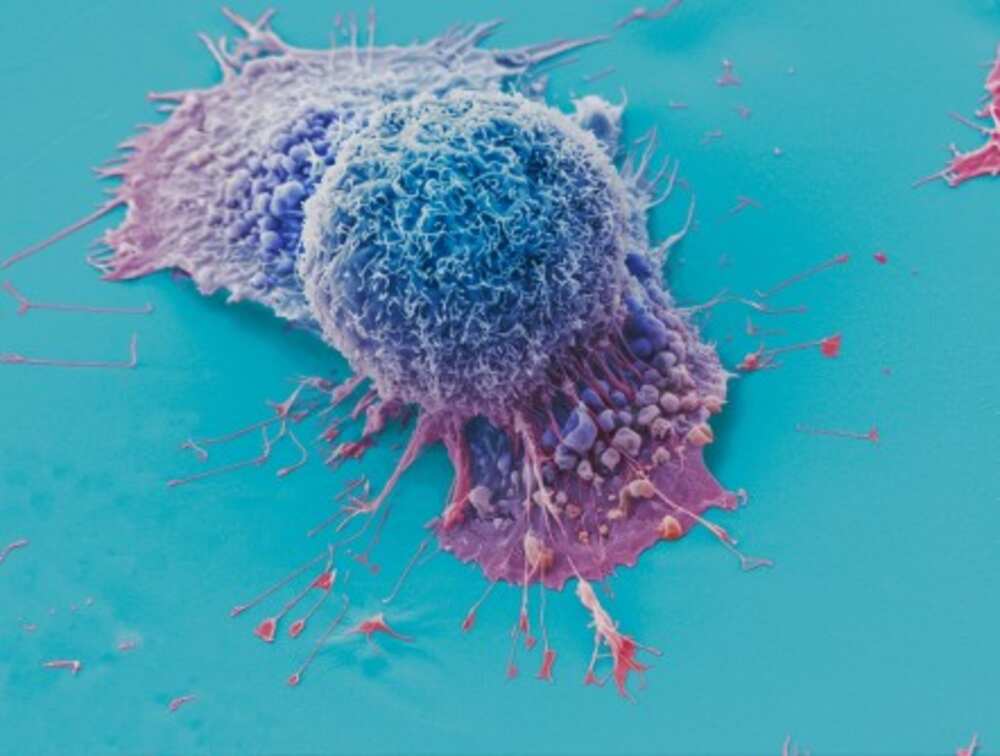AI tool predicts responses to cancer therapy using information from each cell of the tumor

A recent study conducted by researchers from Sanford Burnham Prebys in La Jolla, CA and the National Cancer Institute has highlighted the extraordinary capabilities of a new artificial intelligence (AI) tool called PERsonalized Single-Cell Expression-Based Planning for Treatments in Oncology (PERCEPTION). The tool utilizes machine learning algorithms to analyze information from every cell of a tumor, allowing clinicians to predict how patients will respond to cancer therapy.
Traditional methods of precision oncology treatments have focused on identifying genetic mutations in cancer driver genes and matching patients with targeted therapies accordingly. However, many cancer patients do not benefit from these early targeted therapies. To address this challenge, the team of researchers led by Dr. Sanju Sinha developed a new computational pipeline to predict patient response to cancer drugs at the single-cell level.
The team used transcriptomics, the study of transcription factors, to develop PERCEPTION. The tool provides a deep understanding of the clonal architecture of the tumor and can even detect the emergence of drug resistance by analyzing messenger RNA molecules expressed by genes. This ability to monitor resistance offers the potential for treatment modification and adaptation to the evolving nature of cancer cells.
To build PERCEPTION, the researchers employed transfer learning, a branch of AI, to leverage limited single-cell data from clinics. The tool was pre-trained using published bulk-gene expression data from tumors and then fine-tuned using single-cell data from cell lines and patients. The researchers successfully validated PERCEPTION by accurately predicting patient responses to monotherapy and combination treatments in three independently conducted clinical trials for multiple myeloma, breast, and lung cancer.
Dr. Sanju Sinha cautions that while PERCEPTION holds tremendous promise, it is not yet ready for clinical use. However, its success in predicting treatment responses underscores the potential of using single-cell information to guide personalized treatment strategies. The researchers hope that these findings will encourage the adoption of PERCEPTION in clinics, generating more data that can be used to refine and further develop the tool for clinical use. 
"The quality of the prediction rises with the quality and quantity of the data serving as its foundation," says Dr. Sinha. "Our goal is to create a clinical tool that can predict the treatment response of individual cancer patients in a systematic, data-driven manner. We hope these findings spur more data and more such studies, sooner rather than later."
The development of PERCEPTION represents a significant step forward in the field of precision oncology, offering hope for improved treatment outcomes and enhanced patient care. As the researchers continue to refine this AI tool, its potential impact on cancer therapy is monumental. The groundbreaking research was supported by funding from the Intramural Research Program of the National Institutes of Health (NIH), the National Cancer Institute (NCI), and various NIH grants.

 How to resolve AdBlock issue?
How to resolve AdBlock issue?